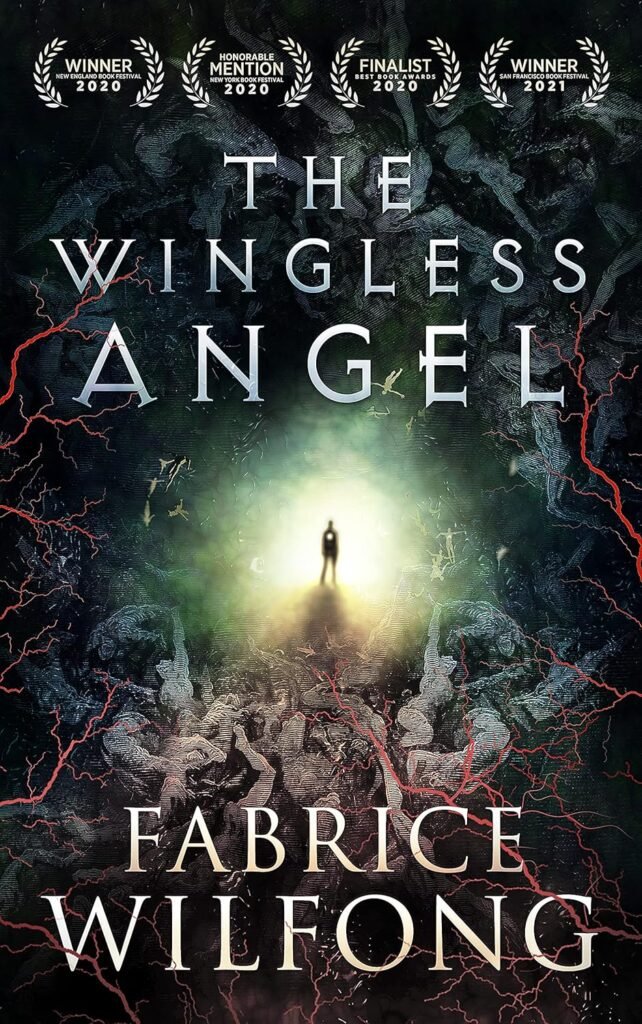Book Review: The Wingless Angel by Fabrice Wilfong
There’s something undeniably captivating about a story that takes a bold departure from the familiar narratives we tell ourselves about good and evil. Fabrice Wilfong’s The Wingless Angel caught my eye not just for its intriguing premise but for its knack of flipping the script on our traditional views of Hell. This novel, with its fantastical elements and philosophical underpinnings, invites readers into a hellscape that is as horrifying as it is thought-provoking.
At its core, The Wingless Angel delves into the eternal struggle between angels and demons, but what sets this tale apart is the introduction of Silton, an army medic whose journey into Hell becomes a test of survival far beyond the realms of faith. As Silton navigates a world littered with "human skin, blood rivers, and bodies raining from the sky," readers are thrust into a reality that challenges all preconceived notions about good and evil. The representation of Hell, painted vividly through Wilfong’s writing, is a horrific yet fascinating exploration of humanity’s darkest depths.
The characters in The Wingless Angel also left a lasting impression on me. Silton’s backstory — his decision to end his life to be with his deceased wife — resonates on multiple levels, adding layers to his struggle for survival. Meanwhile, the demon Montly, with his ambitions and contradictions, embodies the gray areas that exist within morality. As one reviewer aptly notes, "there are even demons who try to do the right thing," which truly brings home the complexity of the narrative. This makes the storyline rich, creating a blend of horror, black comedy, and unexpected empathy toward characters we might initially dismiss as purely villainous.
Wilfong’s writing style is both engaging and grotesquely beautiful, managing to balance the gruesome with moments of unexpected humor and insight. The pacing feels just right, allowing readers to immerse themselves in the richly crafted world without feeling rushed. The "Guides" at the beginning of each chapter, summarizing various aspects of Hell, serve not only as a clever narrative device but also as insightful commentary. They made me stop and ponder the implications of this otherworldly existence — never preachy, yet deeply philosophical.
In a book filled with so many striking images and themes, it was hard to pick a favorite quote. However, one passage that particularly resonated with me encapsulated the duality of redemption and damnation: "It takes much more than faith if you are to survive." This succinctly sums up my experience as a reader; I found myself wrestling with these very ideas long after I turned the last page.
The Wingless Angel is not for everyone; it’s a dark, intense experience that may unsettle some readers. However, if you’re drawn to tales that challenge the status quo, where morality is as murky as the rivers of blood flooding Silton’s new reality, this book is a must-read. I believe that fans of dark fantasy and those intrigued by unconventional explorations of Heaven and Hell will find a lot to appreciate here.
In the end, The Wingless Angel not only redefined my understanding of Hell but also sparked thought-provoking conversations about the human condition. I’m left hoping for a sequel that continues Silton’s journey, eager to see where Wilfong’s imagination will take us next. If you enjoy a good blend of horror, philosophy, and complex character arcs, dive into The Wingless Angel — you won’t regret it!







